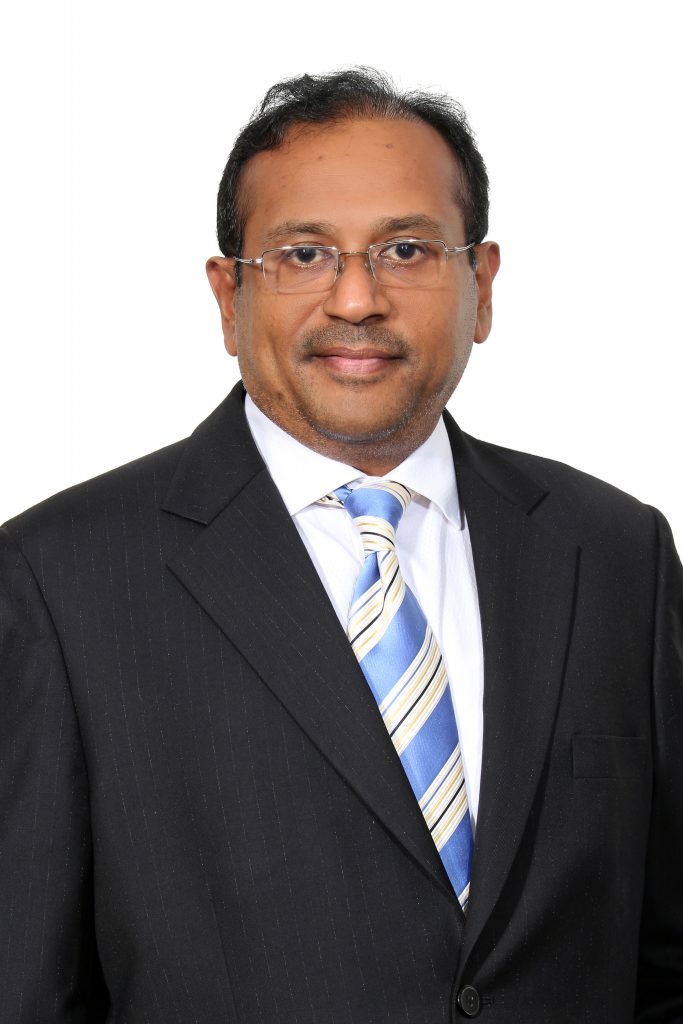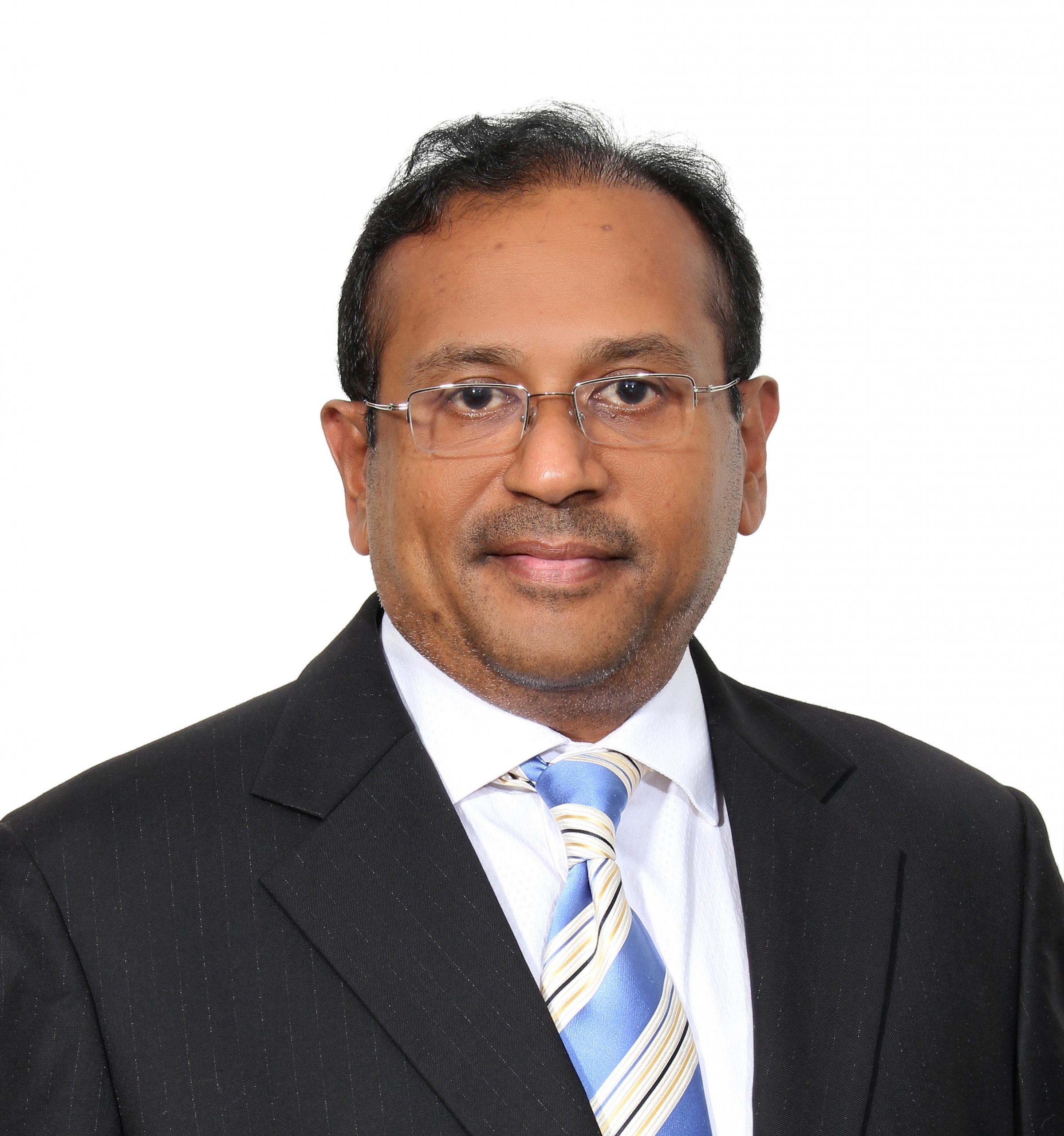This interview has been published by Namrata Singh and The SuperLawyer Team

Could you take us through your journey from college to your first job and eventually to becoming a partner at Majmudar & Partners? What were the pivotal moments or experiences that shaped your career path, and how did you navigate the transitions along the way?
I come from a legal background. My father, Mr. Pravin Merchant, was a practicing Solicitor for over 35 years, and as a result, I was exposed to law early on. I took up different part-time assignments, internships, trainings, etc., even when I was studying in college. However, my first job (as a legal trainee) was at Kanga & Co., one of the oldest law firms. Thereafter, I spent few years in private practice with other prominent law firms, such as Vimadalal & Co., and Gagrat & Co., before moving as an in-house counsel. My transition to being an in-house counsel was under tenuous circumstances. My father passed away in 1995 (when I was in second year law) and the pay standards in most law firms in India in the 1990s was not that high, as compared to in-house profile. Hence, I decided to spend few years as an in-house counsel. Except in a few cases, not many in-house counsels go back into private practice. I went in-house at a relatively early stage in my career and after having spent seven (7) years in-house, I felt that my learning curve had hit a plateau. Though, I had done large private equity deals, negotiated large outsourcing contracts and even built an entire legal department, I needed more challenges, which I thought I could get only in a law firm setting. This was the genesis of my decision to move back into a law firm. As regards my choice of Majmudar & Partners, I knew about Majmudar’s stellar reputation and had even seen their work on a private equity deal that they did against the company where I was the general counsel. The high-quality work, top-tier clientele, and fantastic standing, both domestically and internationally, convinced me that this was the place for me. The transition from an in-house set-up into a law firm was challenging. The key challenge that I faced as an in-house counsel was that of changing my mindset and approach, to be able to think like a client. Additionally, in private practice, lawyers deal with various clients (individuals and companies), which makes it more interesting. To summarise, the main challenge was to switch gears in my overall thinking and perspective, and to give paramount consideration to the business objectives of the company. I believe, I made this transition quite well, and this helps me in my practice today.
Having experienced both roles as a partner in a law firm and as in-house counsel for companies like Tata Housing and Patni Computer Systems, what notable differences did you encounter in these positions, and what factors influenced your decision to transition between the two roles?
Good question. One should understand that the industry and sector plays a critical role for an in-house counsel as regards adapting to the legal function, whereas when it comes to operating in a law firm, one must adopt to the work ethics, culture, etc. Firstly, the in-house lawyer is required to understand the industry and sector in which he or she operates, especially, because vertical line of business brings different and interesting challenges, compulsions, limitations and risk appetite. Secondly, the management approach and focus vary for each business. Thirdly, government rules, regulations and policies vary according to industry, which is not relevant when one works in a law firm set-up. All of this makes it imperative for an in-house lawyer to remain focussed on the sector and ensure that nothing is missed in terms of legal strategy, advice, approach, risk mitigation, etc. I think the foregoing factors did influence my decision whilst working as practicing lawyer as also as an in-house counsel.
Having more than 25 years of experience, you’ve witnessed significant changes in the legal landscape. What key shifts or trends do you foresee in the field of dispute resolution, arbitration, and intellectual property in the coming years? A lot has changed over the years and much of it has been for better. Whilst, it will be impossible to identify all the major shifts or trends, the most important shifts that come to mind are that, judiciary has evolved and matured over the years, the use of technology has become more rampant, the present-day judges are commercially savvy, procedural laws have undergone various changes as also laws on arbitration have become more stringent and focussed after taking cues from cross border arbitration cases. In my view, IPR practice deserves a compliment because it is kind of evergreen in its own right and has gained momentum over the years, especially, with an extensive increase in the use of the internet, matters relating to infringement, counterfeiting, etc., has become more rampant, there is tremendous awareness re brand protection, logos, etc.
You’ve represented clients in enforcing an ICC arbitration award in India. Could you share insights into the challenges and strategies involved in the enforcement process, particularly in the Indian legal context?
This question deserves a comprehensive response, and we could end up writing a complete chapter on this issue. Broadly speaking, over the years enforcement of foreign awards in India has become smoother as the courts have become sensitive towards being pro-enforcement and acknowledging India as a signatory to the New York Convention on enforcement of foreign awards in India. Moreover, there have been various statutory amendments and judicial pronouncements which have helped in reducing the challenges of foreign awards by Indian parties. In my view, the biggest challenge that persists is that of asset tracing and seeking an interim injunction against disposal of the assets.
Your role involves advising on technology and telecommunication matters. With the rapid evolution of technology, how do you stay updated on the latest legal implications and challenges in this dynamic industry?
I have been fortunate to work in these sectors very early on. My first stint as in-house counsel was at GTL Ltd, which was in the business of installation of radio-frequency towers, laying down optic fibre cables, and providing other related telecom services. All of this compelled me to continuous learn, read and stay on top of the regulations, interact with governmental officials, and constantly review judicial precedents touching this sector. I had to adopt a similar approach in the areas of technology. The Information Technology Act was introduced sometime in 2000, which, since then has been the legal backbone in relation to technology law. There has been constant learning, checking new amendments regularly, focusing on the rationale of changes, and then advising clients on a given scenario.
In your recent transactions, you’ve been involved in diverse matters, from challenging telecom regulations to high-stakes arbitration involving global players. Could you highlight one or two recent transactions that you found particularly intriguing or challenging, and share the key strategies that led to a successful outcome for your clients?
In the recent past, we had represented one of the large telecom service providers, operating in the business of mobile portability. The TRAI (telecom regulator) brought in a certain regulation that impacted our client’s ability to do business in India. We assessed the relevant law, regulations and provisions and checked judicial precedents, as also researched on important provisions of the Indian Constitution, and filed a constitutional writ before the Delhi High Court considering that the regulation was impacting our client’s fundamental right to do business. After some deliberation and with excellent arguments made by eminent Sr. Counsels, we eventually succeeded in obtaining a favourable order quashing the controversial regulation. This allowed our clients enormous commercial relief and the time and efforts spent by the firm were highly appreciated.
Amidst your demanding legal career, how do you unwind and recharge? Could you share some of your hobbies or activities that bring you joy and relaxation outside the courtroom or office?
I agree that having a good work-life balance is critical to reduce stress levels and to enhance productivity. To manage stress levels, I spend my mornings in doing some physical training, reading interesting articles, etc. In the evenings, I prefer to simply relax with family and occasionally with friends. My hobbies include reading, going for evening walks, long drives, an occasional movie in the theatre, etc.
Given your extensive experience in the legal field, what advice would you offer to law students regarding the scope of the profession and the mindset they should cultivate while studying law?
Firstly, all law students should opt to pursue this profession, only if they are mentally and intellectually driven to pursue such profession, and not because of any other reason. Practicing law is a serious profession as it demands commitment, dedication, and devotion. If one compares the overall mindset of experienced lawyers versus young law students (including newly graduated lawyers), there will always be a general gap in terms of overall approach, thinking, priorities and perceptions. In my view, law students (or freshly qualified lawyers) are dynamic, aspirational, and savvy, but they lack patience and perseverance. I would like to urge the younger generation to focus on learning, and hard work, and to treat their professors as legal gurus. Law students should understand that there are no shortcuts to success; hence, they should not cut corners. Youngsters should be smart in choosing their internships with firms where they genuinely see interesting client work that can help them apply legal theory in practice.
As a seasoned lawyer, you’ve advised on foreign investment, general corporate matters, and joint ventures. What advice would you give to young lawyers aspiring to specialize in international law or corporate law?
A simple advice to all young lawyers is to take up all kinds of work in the earlier years of their career, namely, matters relating to commercial disputes, arbitrations, securities law, foreign exchange law, employment law, or on general commercial queries, doing due diligence, working on a commercial contract, etc. In other words, never say no to any legal work assigned by one’s senior. After spending around 2 or 3 years as a generalist lawyer, one can pursue the vertical area of practice that is appealing or interesting.
Get in touch with Neerav Merchant-
























